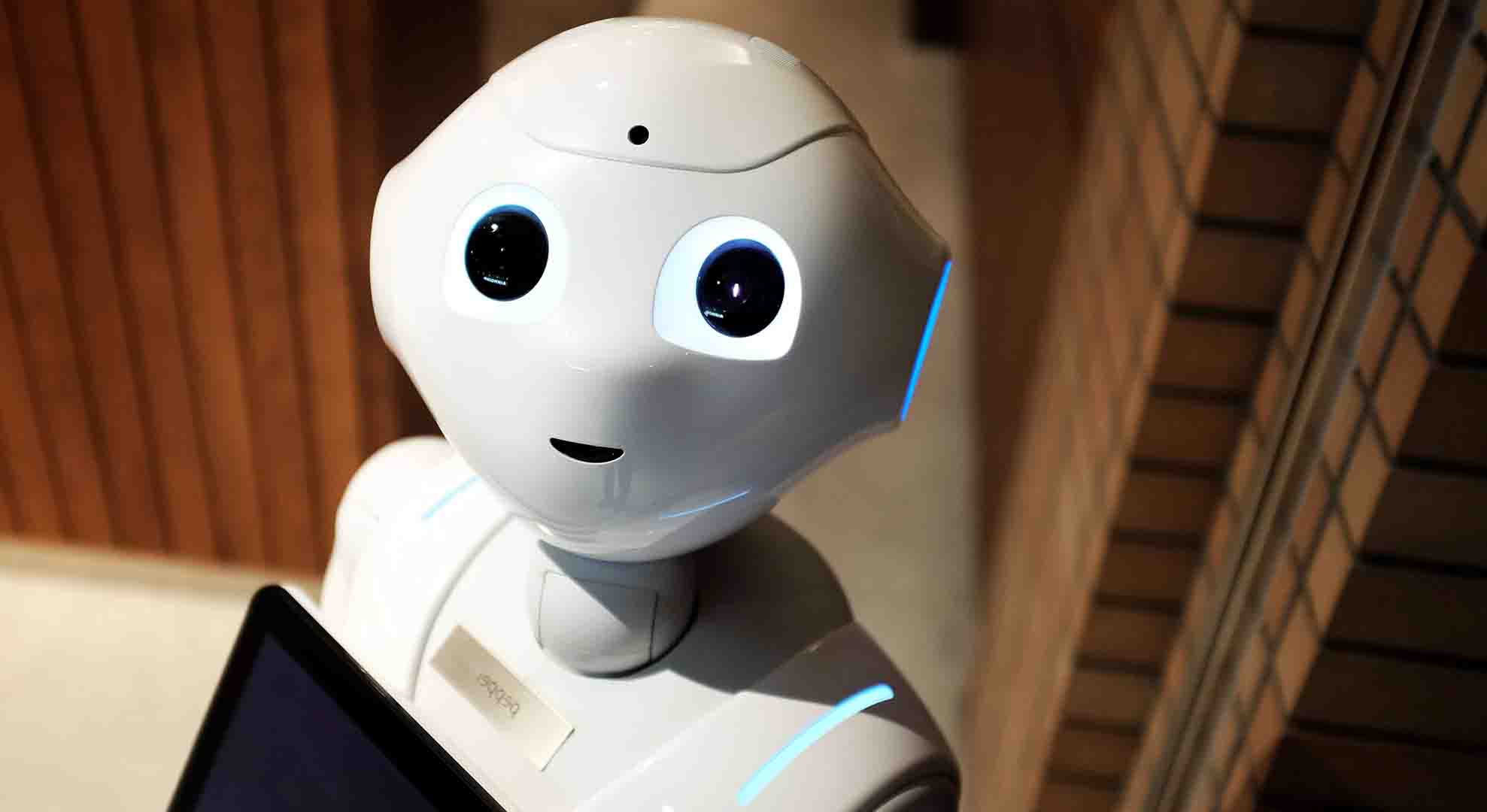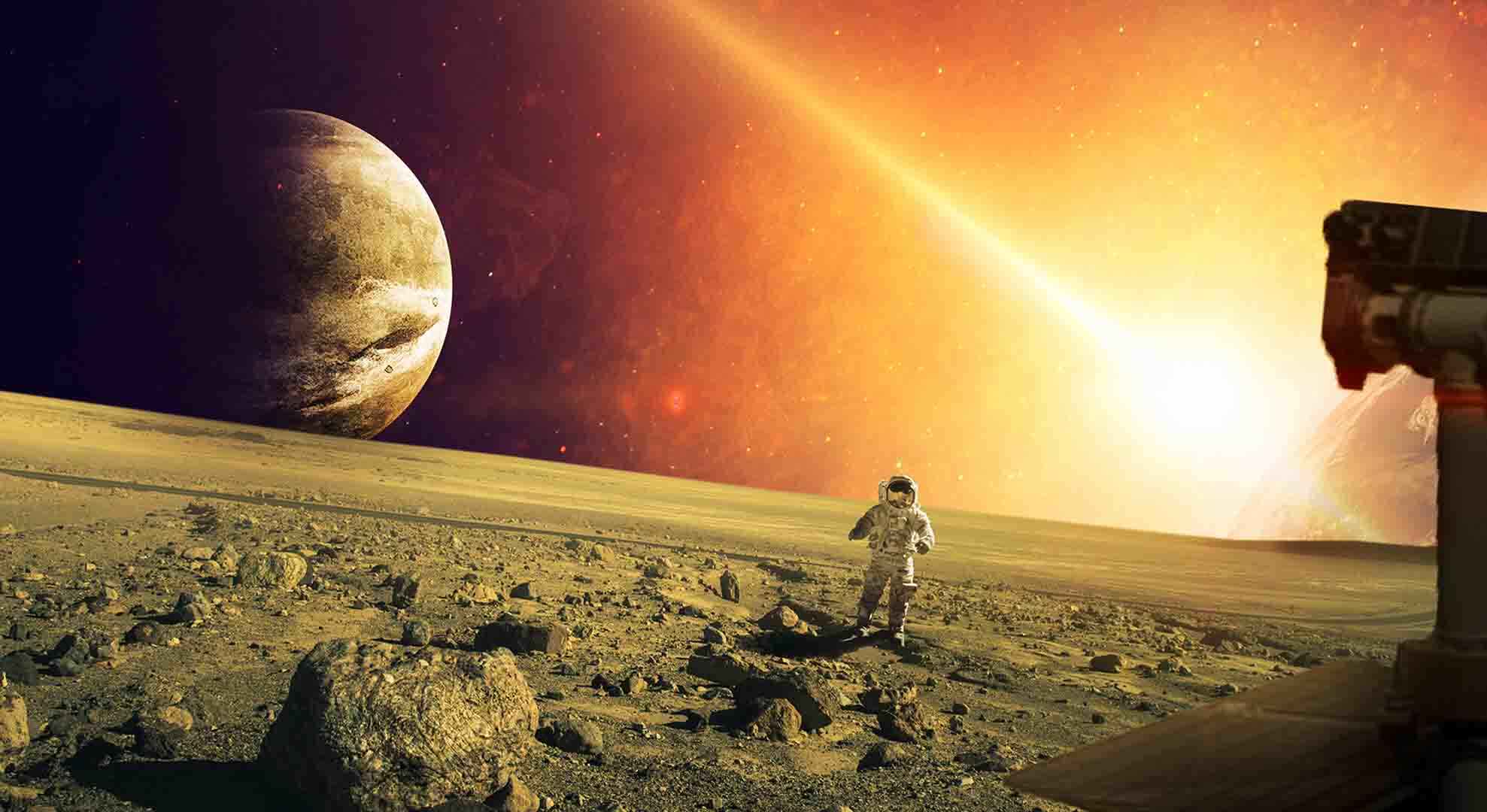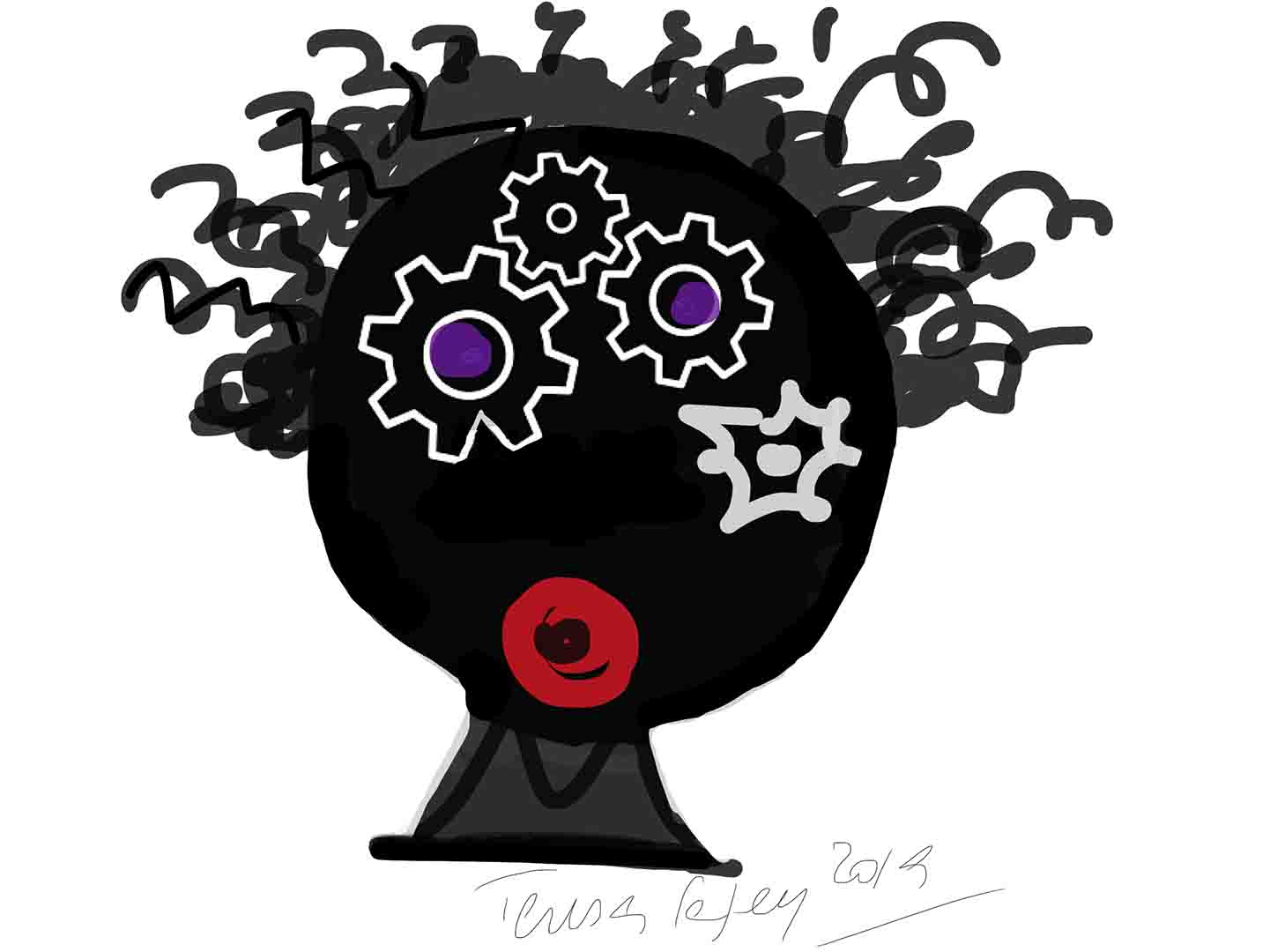Technology and the Future
An optimistic view of human development on Earth and in space
What seems perfectly clear to us when we think about the future is that technology development will continue to have a profound impact on our lives, not only in terms of our environment, but also concerning our bodies. In order to adapt to external changes, we will probably introduce an increasing number of microchips which, among other things, may allow us to live in space in times to come.
Reconnecting with nature
Nevertheless, technology development and our expansion beyond Earth merits certain reflections. For life to be sustainable on our planet, human beings cannot and must not lose touch with their atavistic bond with nature. This connection becomes critically important when creating a new reality in outer space. With regard to everything from the renewable energy industry, water treatment, electronics, transportation, and urban planning to waste management, human beings have a deep need to rediscover their relationship with nature in order to advance and make the world a better place.
Currently, it is already possible to handle waste properly and reduce our environmental impact with small gestures like choosing recycled products and finding a second life for things we usually throw out without thinking twice. Food waste can be turned into plant fertilizer at zero cost; separate waste collection can be used to produce new materials (a coffee pot can be made using a hundred aluminum cans, and some companies are using plastic marine debris to make clothing). If technology development is advancing so that we can settle in outer space, it must also advance in terms of managing the space waste we generate.

Toward the technological human
What kinds of spaces will we inhabit in the ever-changing future we foresee? How will we carry out our everyday tasks? Considering the breakthroughs we have experienced to date, it is very likely that robots will free us up from many tasks such as cleaning and maintaining those spaces. Not only that, but in the homes of the future, I believe intelligent machines will have virtually no environmental impact and will help us make wise use of the available resources. As an architect, my view is fairly positive in this respect, because from the outset we have the option of seeking solutions that can reduce costs and production times.
In terms of commerce, will physical stores disappear as all shopping goes online? If so, what will we do with all of that commercial space? In terms of consumption, I believe 3D printers will gain increasing relevance and we will be able to create three-dimensional objects very easily, downloading prototypes online, choosing the color and size we want, and cloning our creation in a matter of minutes.

Space, the new frontier
Taking this yet a step further, I think it is interesting to consider space as a potentially new, unexplored tourist destination. Many people dream of traveling to space, yet until now it was only possible for astronauts. Such is the case, that in 2001 Dennis Tito paid 20 million dollars to Space Adventures to board a Russian Soyuz spacecraft and spend an eight-day vacation away from the Earth, becoming the first space tourist in history. In a not-so-distant future, that kind of event could become part of our range of tourist or leisure options, although it may not be affordable for all.
Lastly, I would like to share my vision about our species with you. Those of us now inhabiting our planet are not likely to witness the most drastic changes ahead, but in the next century, human beings will coexist with machines with a high level of artificial intelligence. I believe that technology development will reach such sophisticated levels that it will enable us to improve as a species, to the extent of turning us into superhumans.

